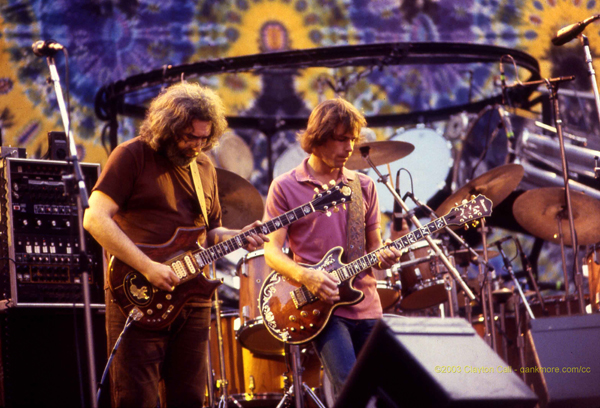
Videos by American Songwriter
The agonizing cycle of armed conflict and brief cessation that has always characterized the relationship of Israel and Palestine has, in recent weeks, intensified to something very near all-out war. Without going into the specific reasons for the conflict this time around, the long-term enmity generally boils down to each side’s claim on the city of Jerusalem.
When firebrand songwriter Steve Earle, a guy who has never shied from controversy or pointed opinions, took on the topic in 2002 with the title track of his politically-charged album of the same name, it seemed like he had the perfect subject matter for scathing criticism and unmitigated bile. Instead, he took the opposite approach with “Jerusalem,” choosing to believe in a happy ending that the countries’ histories and their leaders’ rhetoric suggest is impossible.
When asked about the song at the time of its release by Salon, Earle spoke of the reasons for his counterintuitive approach. “Our attention has been turning back to Jerusalem for 2,000 years,” he said. “Some of the holiest sites of these three closely related belief systems are in this one area, and three of the most sacred are in one piece of real estate smaller than this little neighborhood here. We keep turning back to Jerusalem for a reason. So I believe we’ll get it right, or else. I believe we’ll eventually do the right thing in that part of the world. I believe that our future, our existence as a species, will be determined in Jerusalem.”
The harmonica-drenched folk-rock arrangement recalls Bruce Springsteen’s “The Promised Land,” another song about belief in the face of long odds. Earle’s narrator is immediately confronted by news reports of “death machines” on the “ground where Jesus stood,” while commentary that such conflict is inevitable starts to sway toward that pessimistic prophecy.
“And I almost listened to him,” Earle sings, before righting himself and surging into the hopeful chorus: “That I believe that one fine day all the children of Abraham/ Will lay down their swords forever in Jerusalem.” In the second verse, he recalls his own religious teaching in a futile attempt to make sense of the situation: “But I don’t remember learnin’ how to hate in Sunday school.”
READ OUR 2011 COVER STORY ON STEVE EARLE
As the bloodshed, depicted by Earle as an unstoppable storm, rages, peace of mind is collateral damage: “Then the storm comes rumblin’ in/ And I can’t lay me down/ And the drums are drummin’ again/ And I can’t stand the sound.” Clinging to a peaceful ideal in such desperate times might seem naïve, but in Earle’s rendering, it’s the ultimate manifestation of faith: “And there’ll be no barricades then/ There’ll be no wire or walls/ And we can wash all this blood from our hands/ And all this hatred from our souls.
At one point in the song, Earle mentions how true believers are often dismissed as dreamers or fools. “Jerusalem” is reminiscent of John Lennon’s “Imagine” in that respect. Both songs came from men who often raged against injustice. Yet both songs suggest that the most courageous act in trying times is believing in a better day, even if such belief is a last resort.









Leave a Reply
Only members can comment. Become a member. Already a member? Log in.